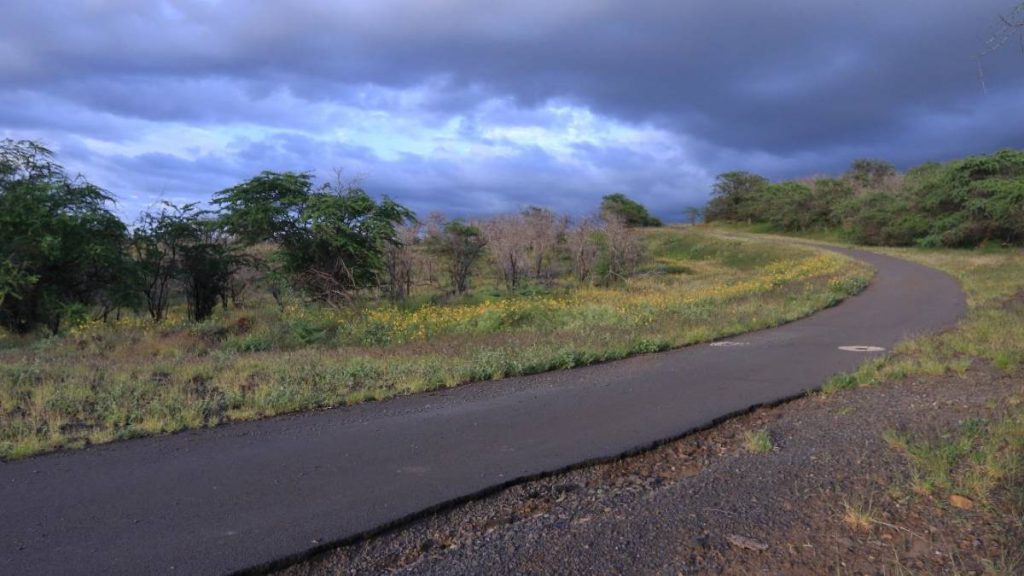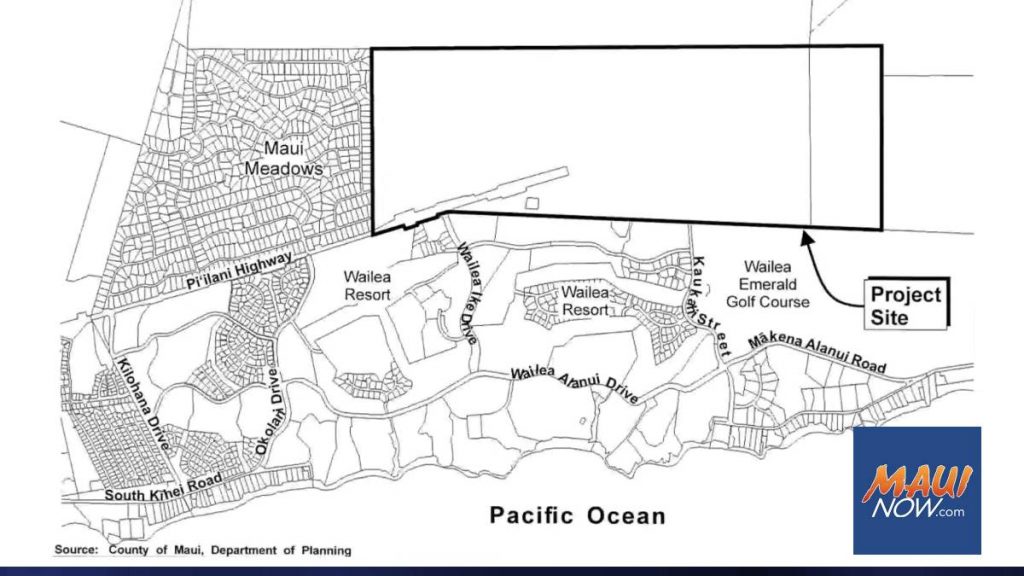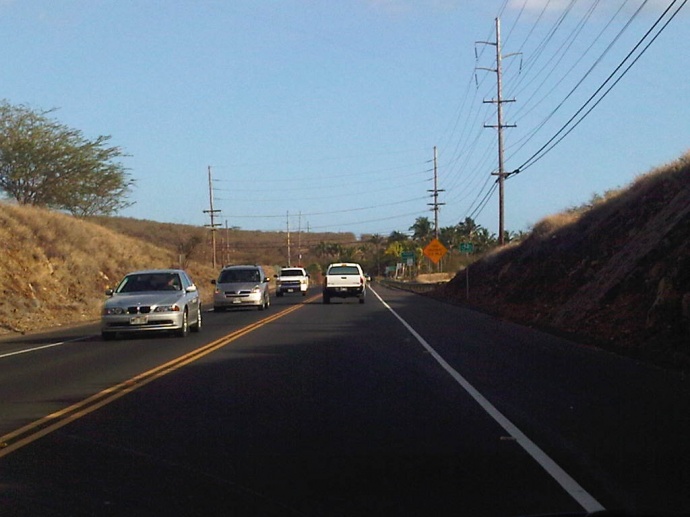Next phase of major Honuaʻula development with 1,000-plus homes gets green light

After a marathon contested case, Maui Planning Commission today gave a green light to the next phase of long-debated Honuaʻula, a master planned community with more than 1,000 homes slated for 670 acres mauka of Wailea.
The commission voted 7-0 to approve Honuaʻula’s District Phase II Development, located adjacent to Maui Meadows and Wailea Resort. The project still needs multiple administrative approvals and permits before breaking ground.
Honuaʻula would include 515 single-family residential units, 346 multifamily residential units and 288 workforce housing units, along with 24 acres of village mixed use and 103 acres of recreation and open space. A quarter of the total project area would be dedicated to permanent preservation. Also, Pi’ilani Highway will be widened from two to four lanes from Maui Meadows Mapu Place / Kilohana.
Two groups, Maui Tomorrow Foundation and Hoʻoponopono O Mākena, have been challenging the project, alleging it has too few affordable homes and too many negative cultural and environmental impacts.
“Intervenors Hoʻoponopono O Mākena and Maui Tomorrow Foundation requested that the project application be sent back to the drawing board, due to its failure to meet affordable housing and other mandatory requirements, including cultural sites that won’t be preserved, and faulty drainage plans,” Albert Perez, Maui Tomorrow Foundation executive director, said in an afternoon statement following the vote. “As an alternative, we asked that the commission use its power to modify the project to include the required 450 affordable units, but were ignored.”
Perez said the groups are weighing options before deciding whether to appeal.
In a decision that caps a seven-month contested case, Maui Planning commissioners said Honuaʻula’s benefits outweigh the costs, developers listened to the community over the years and county laws have been followed.
Plus, the workforce housing component is sorely needed, commissioner Kellie Pali said.
“The benefits is an affordable housing piece,” she said. “I can’t express how much times I hear people say they need affordable housing. . . . We see those same groups come up in front of us and they’re saying, ‘No, not here; not there; too small; too big; that’s too far away; that’s too close; density.’ And I’m really just shocked because the same people at large in social media are screaming, ‘We need affordable housing,’ but they’re coming here and they’re giving us reasons why they can’t (support it).”
Commissioner Kimberly Thayer said she was in middle school when the project was first proposed. At the time, developers were looking to “maximize the take from this piece of land.” As years passed, they began to listen to the community.
“Over years and years and years of community input and studies and plans and deliberations, we have come to this today, which has fewer units overall, it has more preservation area, I think has a lot of good planning principles for mixed use, and making it walkable, and incorporating community facilities, everything you quote unquote want to see in a devotement,” she said. “And I think this has that.”
Originally pitched in the ’90s, the project was formerly called Wailea 670.
The volunteer commission heard hours of testimony, cross-examination and objections. In the end, members acknowledged they do the best they can.
“It was a hard way because we do listen to what the community says, and we do read everything, and we do make decisions, hard decisions, and we do not get paid for this, so this is coming from our hearts and our concern for our community and everyone involved,” said commission chairperson P. Denise La Costa.
During a February meeting on Honuaʻula, public testimony was mixed. Supporters called it a balance of preservation and housing. Opponents countered that the workforce units are negligible and said the project will have negative environmental and cultural impacts.
La Costa during Tuesday’s meeting thanked everyone who was involved, adding that the case was “very arduous” and “informative.”
“It was a learning experience and one probably that none of us want to do again,” she said.
* This story has been updated from its original version to include reaction on the vote from the intervenors.









_1768613517521.webp)

